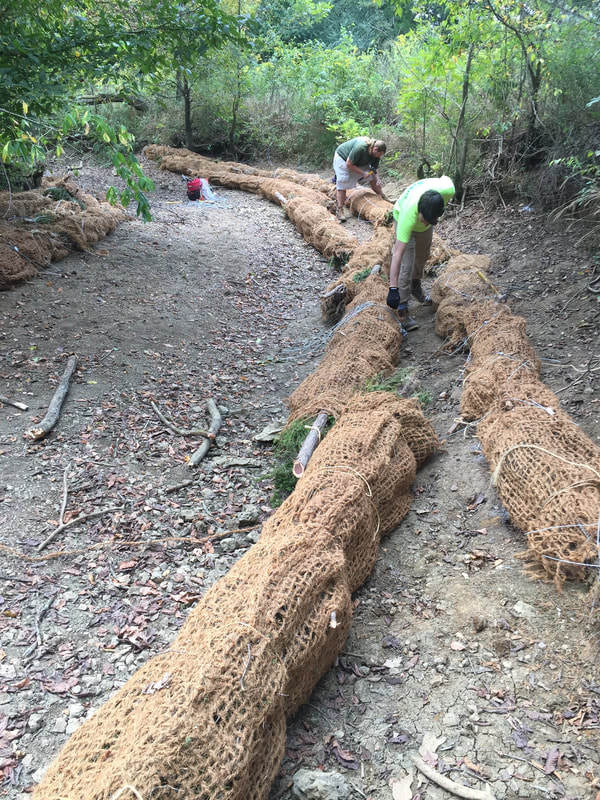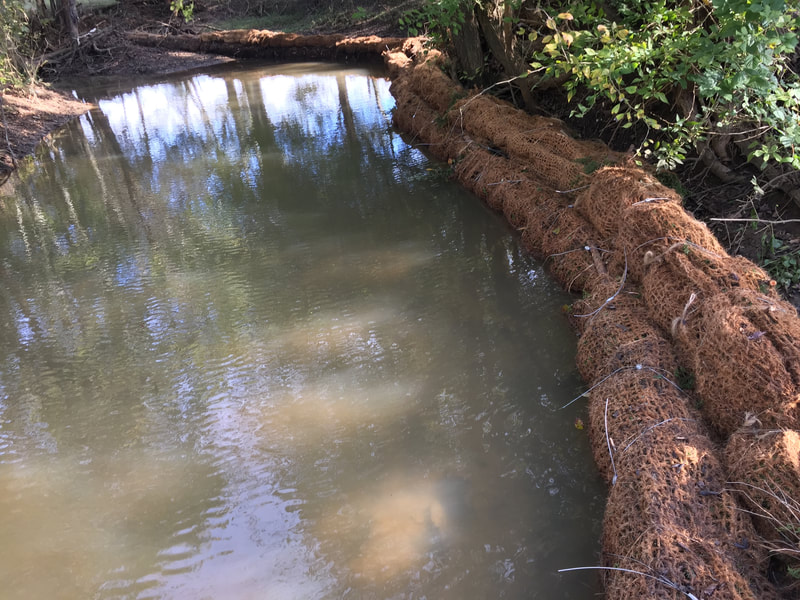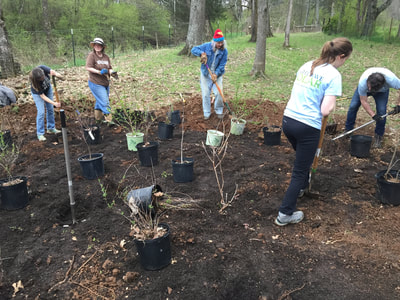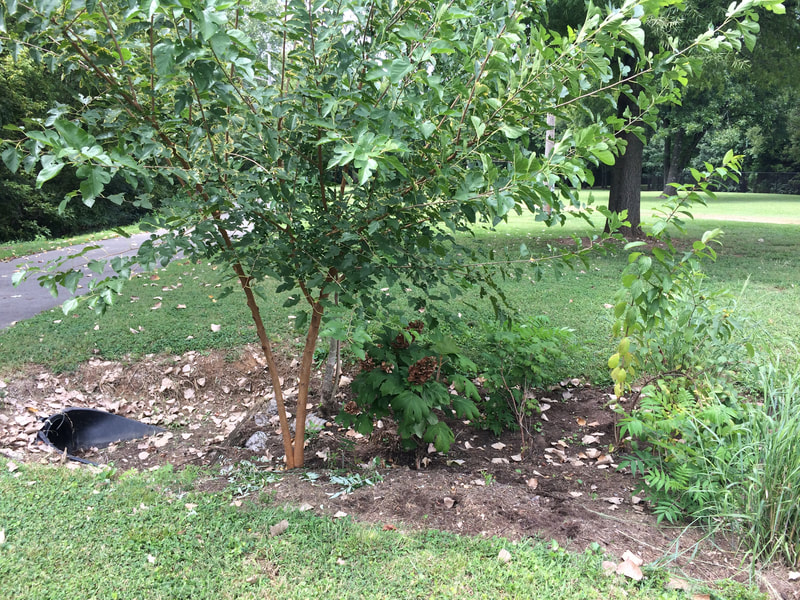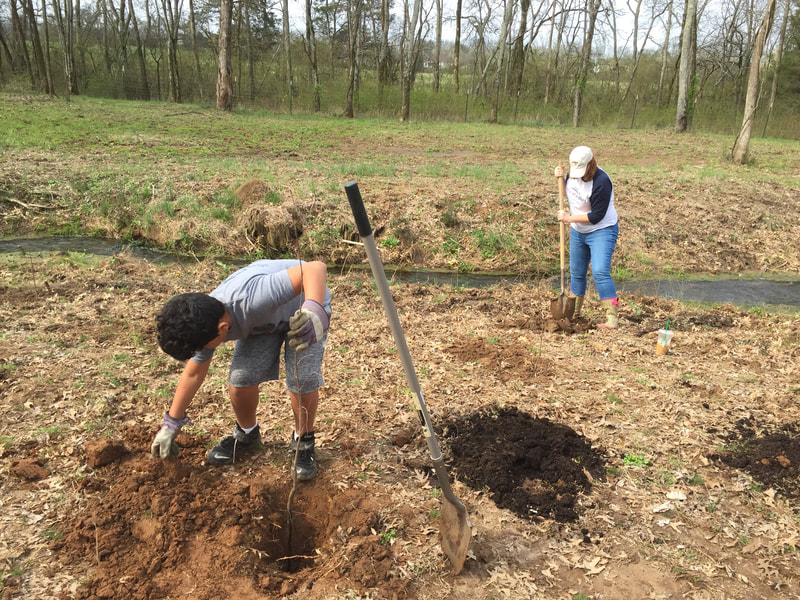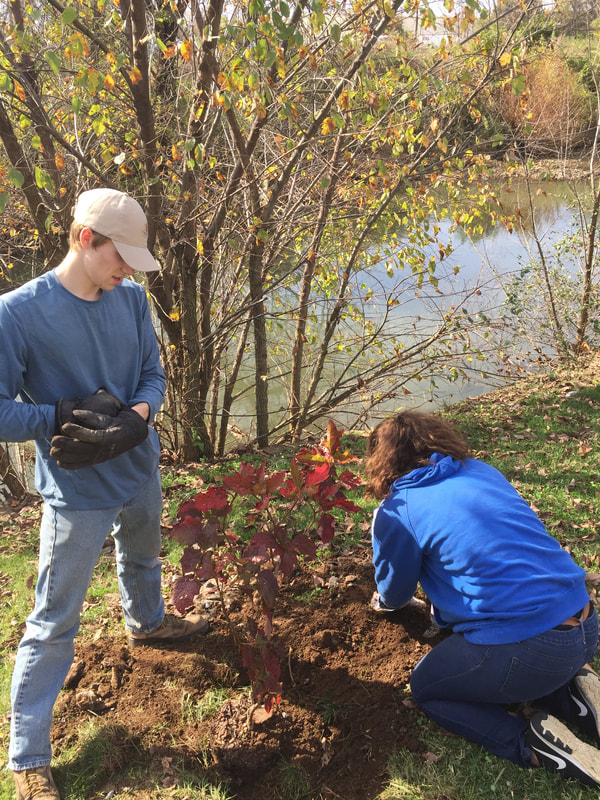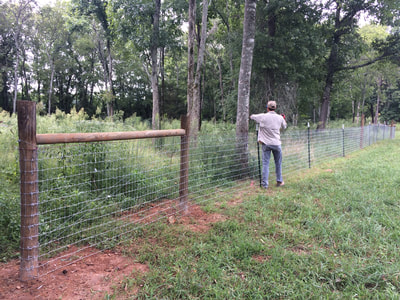|
|
|
What Are We Doing?
Tennessee Environmental Council is working to restore Lytle Creek. The creek has been impacted by landscape changes along its banks and throughout its watershed. Through intensive restoration work, Lytle Creek will once again be a healthy waterway for humans and wildlife alike. The Lytle Creek Restoration Project Phase 1 was completed in July 2019.
Why Is This Important?
How Can I Help?
Volunteers and donations are essential to the project's success. Like the rivers in a watershed, we are all connected. With your help, we can have a thriving creek filled with healthy fish and aquatic wildlife that provides clean drinking water for our communities. Planting native plants, establishing a rain garden, or even just using a rain barrel can make your backyard watershed friendly.
Check Out Our Work!
Our work at Lytle Creek is focused on improving water quality by protecting and restoring the land on the banks of the stream. By stabilizing banks, planting trees, and establishing rain gardens help reduce erosion and runoff. We have also set up livestock exclusion fences in order to keep livestock from impacting water quality.
Tennessee Environmental Council is working to restore Lytle Creek. The creek has been impacted by landscape changes along its banks and throughout its watershed. Through intensive restoration work, Lytle Creek will once again be a healthy waterway for humans and wildlife alike. The Lytle Creek Restoration Project Phase 1 was completed in July 2019.
Why Is This Important?
- Lytle Creek s a tributary of the Stones River which flows into the Cumberland River.
- The Cumberland River provides drinking water for over three million people.
- By restoring Lytle Creek we can make sure that the Cumberland River remains a clean and healthy water source for all.
How Can I Help?
Volunteers and donations are essential to the project's success. Like the rivers in a watershed, we are all connected. With your help, we can have a thriving creek filled with healthy fish and aquatic wildlife that provides clean drinking water for our communities. Planting native plants, establishing a rain garden, or even just using a rain barrel can make your backyard watershed friendly.
Check Out Our Work!
Our work at Lytle Creek is focused on improving water quality by protecting and restoring the land on the banks of the stream. By stabilizing banks, planting trees, and establishing rain gardens help reduce erosion and runoff. We have also set up livestock exclusion fences in order to keep livestock from impacting water quality.
Bank Stabilization
We use natural green infrastructure products to stabilize and re-plant the bank and stop erosion.
Planting Rain Gardens
Stream Bank Tree Planting
Livestock Exclusion Fencing
Explore Your Watershed
Thank you to our sponsors for supporting this project!
The Lytle Creek Restoration Project is a 319 Grant with the Tennessee Department of Agriculture aiming to restore several thousand linear feet of the Lytle Creek.

